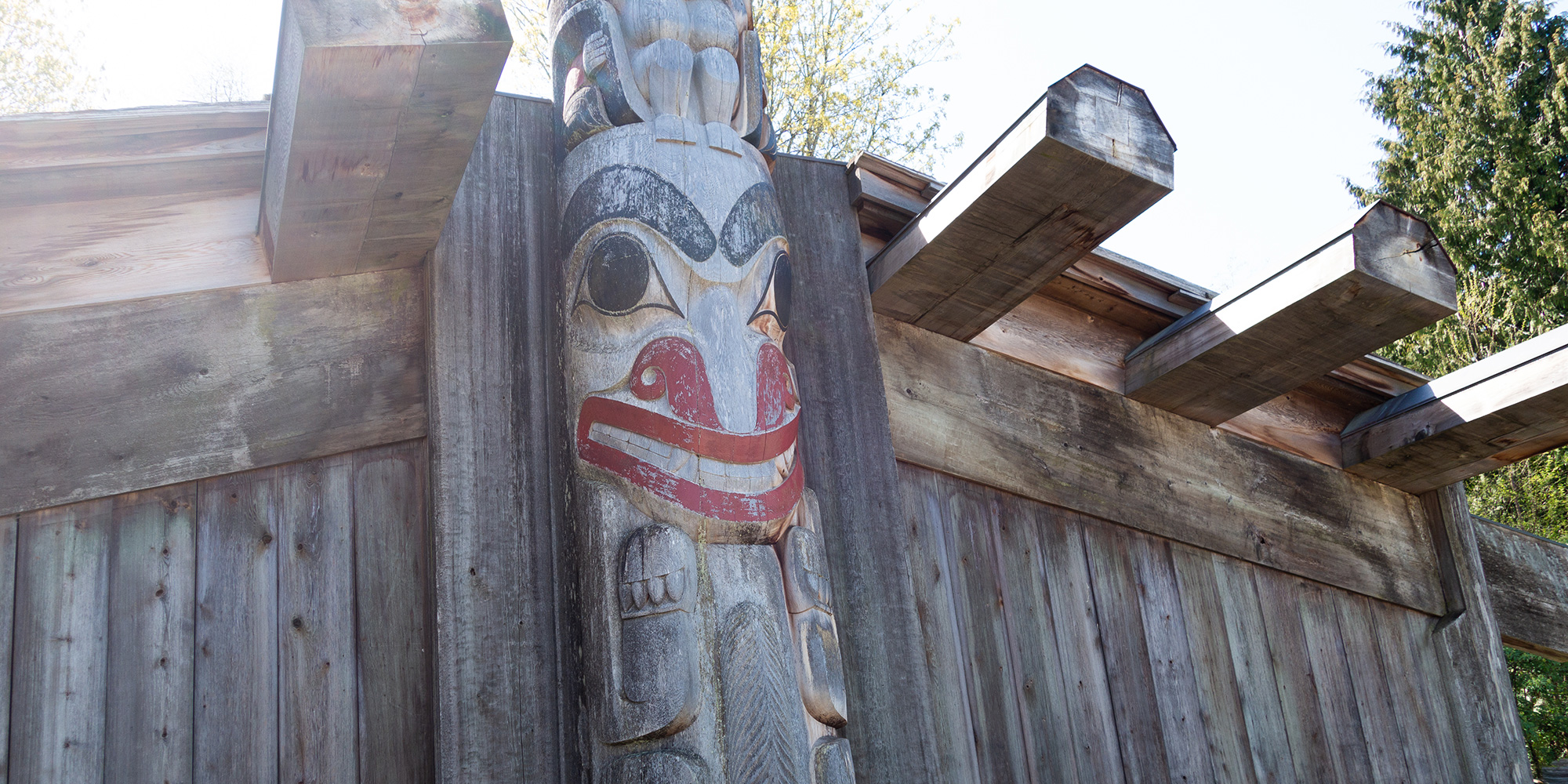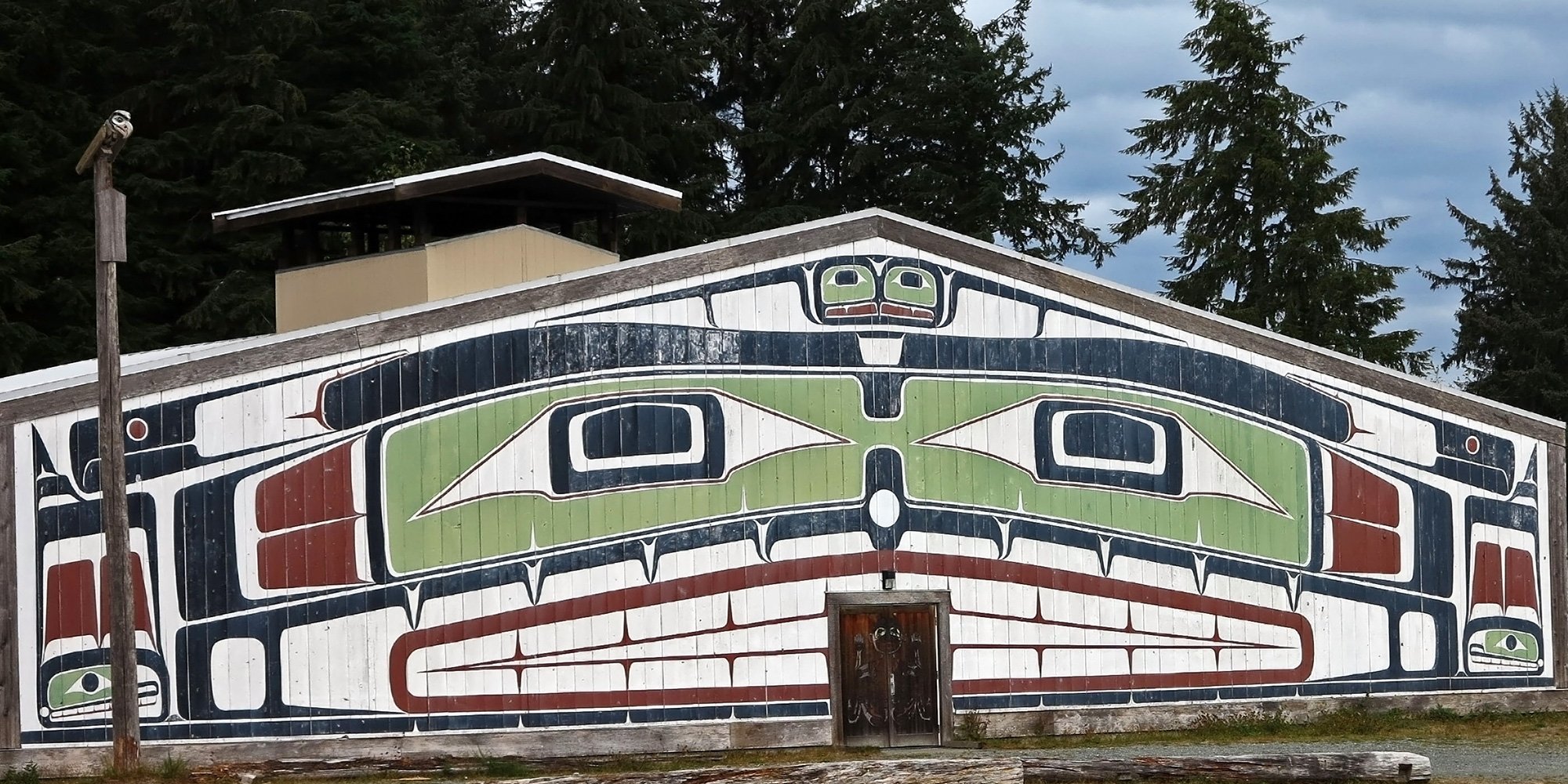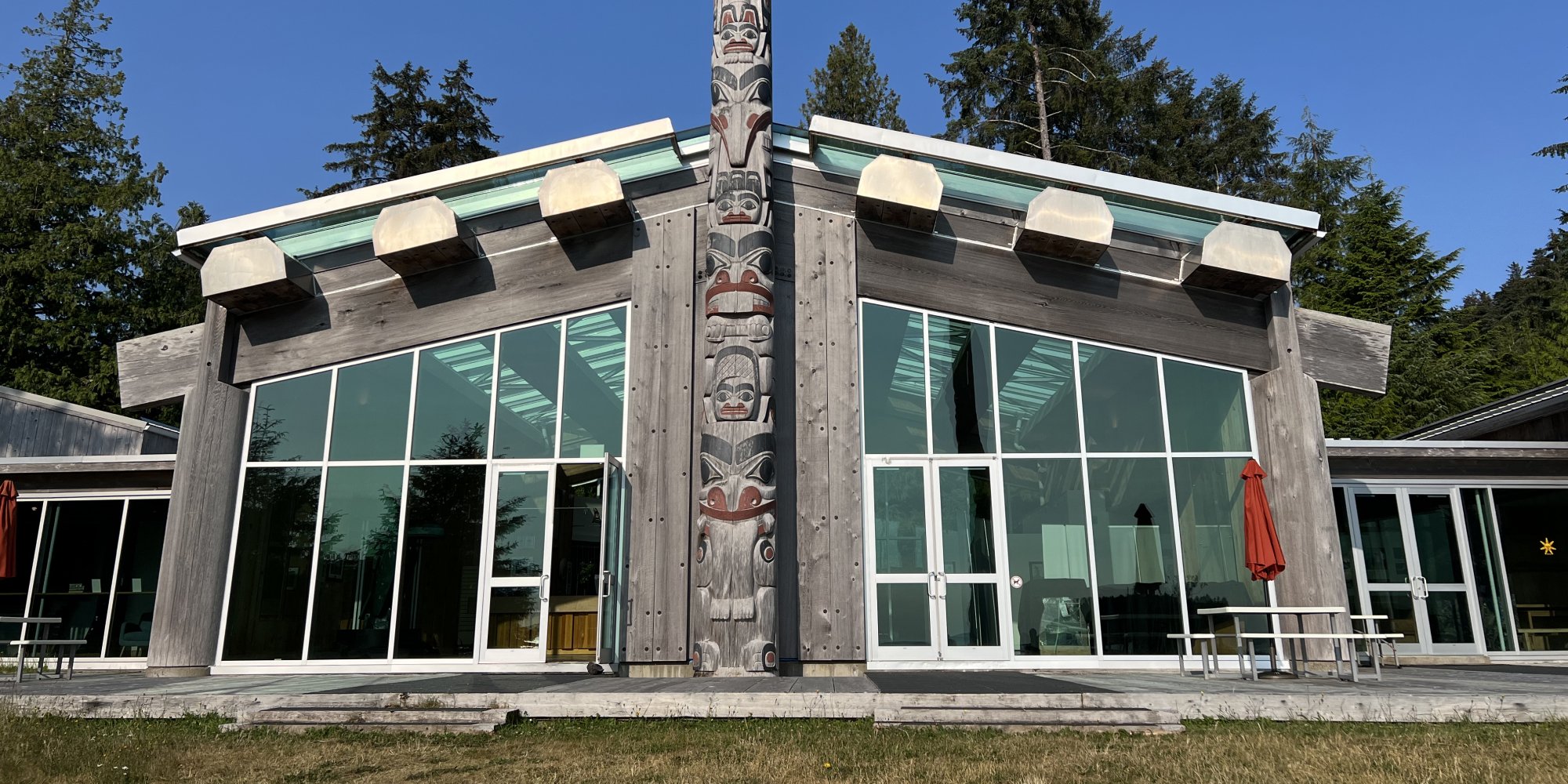Why Do Indigenous Peoples Want Self-Government?
Perhaps a more accurate question would be, “Why do Indigenous Peoples want self-government back?” Long before European contact, Indigenous Peoples...

“Indigenous self-government” is a term that carries some misunderstanding. And as we’re likely to be hearing about it more frequently as Indigenous nations increasingly move away from the Indian Act, it seems like a good time to provide some clarity on what it is and what it isn’t.
I am fortunate that in my line of work as an Indigenous relations trainer, I get to meet a lot of people who want to learn all they can about Indigenous Peoples. We enjoy lots of class discussions, and self-government is a frequent topic in those discussions. Here are the five questions most often asked:
1. Is self-government separation in nature? Indigenous self-government is about the creation of Indigenous orders of government that will operate within the Canadian federation:
… as political entities through which Aboriginal people can express their distinctive identity within the context of their Canadian citizenship. Aboriginal people do not have to surrender their identity to accomplish those goals. Non-Aboriginal Canadians cherish their identity as Newfoundlanders or Albertans, for instance, and still remain strongly committed to Canada. [1]
2. Are self-government rights and powers in nature? Indigenous self-government is about restoring rights and powers that Indigenous Peoples in what is now known as Canada enjoyed and exercised for thousands of years prior to European contact. It’s about “the reconciliation of the pre-existence of Aboriginal societies with the sovereignty of the Crown.” [2] So, the mindset required of government negotiators, of federal and provincial politicians, and of non-Indigenous citizens, is that the negotiation of Indigenous self-government entails the restructuring of current forms of government to achieve the recognition and restoration of pre-existing Indigenous rights – including the inherent right to self-government.
3. Is self-government an Indigenous right? The right to self-government is codified in the United Nations Declaration for the Rights of Indigenous Peoples (UNDec):
Article 4. Indigenous peoples, in exercising their right to self-determination, have the right to autonomy or self-government in matters relating to their internal and local affairs, as well as ways and means for financing their autonomous functions.
Canada passed the UN Declaration on the Rights of Indigenous Peoples Act in 2021 and is honour-bound to support self-government. The Truth and Reconciliation Commission of Canada has included a call to action for Canada to uphold the UN Declaration:
#43 "We call upon federal, provincial, territorial, and municipal governments to fully adopt and implement the United Nations Declaration on the Rights of Indigenous Peoples as the framework for reconciliation." [emphasis added]
4. Where does the federal government stand on self-government? The federal government under Justin Trudeau recognized how critical self-government is for Indigenous Peoples, for non-Indigenous people and for reconciliation.
The Government recognizes that Indigenous self-government and laws are critical to Canada’s future and that Indigenous perspectives and rights must be incorporated in all aspects of this relationship. In doing so, we will continue the process of decolonization and hasten the end of its legacy wherever it remains in our laws and policies. [3]
5. Why do they want self-government? Prior to the arrival of Europeans and the imposition of their ways of knowing and doing via the Indian Act, Indigenous Peoples were self-governing. Communities, over millennia, developed complex and effective governance systems that incorporated their unique social and cultural values and the wisdom and teachings of elders.
They want to return to self-government because that also gives them the right to self-determination, which is also codified in the United Nations Declaration on the Rights of Indigenous Peoples:
Article 3. Indigenous peoples have the right of self-determination. By virtue of that right, they freely determine their political status and freely pursue their economic, social and cultural development.
So, in reality, the question should be rephrased as “Why wouldn’t they want to return to self-government?”
If you are interested in learning about some very effective self-government agreements, here’s an article that provides summaries of some agreements in Canada. You can also visit the website of each nation to learn more about the details of the agreements.
For those interested in learning more about the United Nations Declaration on the Rights of Indigenous Peoples, we recommend that you register for our Indigenous Consultation & Engagement training.
This post was updated in February 2025.
[1] Report of the Royal Commission on Aboriginal Peoples, Volume 5, page 1, 1996. Reproduced with the permission of the Minister of Public Works and Government Services, 2007, and Courtesy of the Privy Council Office.
[2] Delgamuukw, para. 186
[3] Principles respecting the Government of Canada's relationship with Indigenous Peoples, Department of Justice website.
Featured photo: Longhouse at UBC Museum of Anthropology. Photo: Thomas Quine, Flickr

Perhaps a more accurate question would be, “Why do Indigenous Peoples want self-government back?” Long before European contact, Indigenous Peoples...

We recently revealed the cover of Indigenous Corporate Training, Inc.’s Co-founder and President Bob Joseph’s new book, 21 Things™ You Need to Know...

In 2017, Canada marked 150 years since its confederation. Whether to celebrate or not to celebrate was debated and discussed in the media, in...